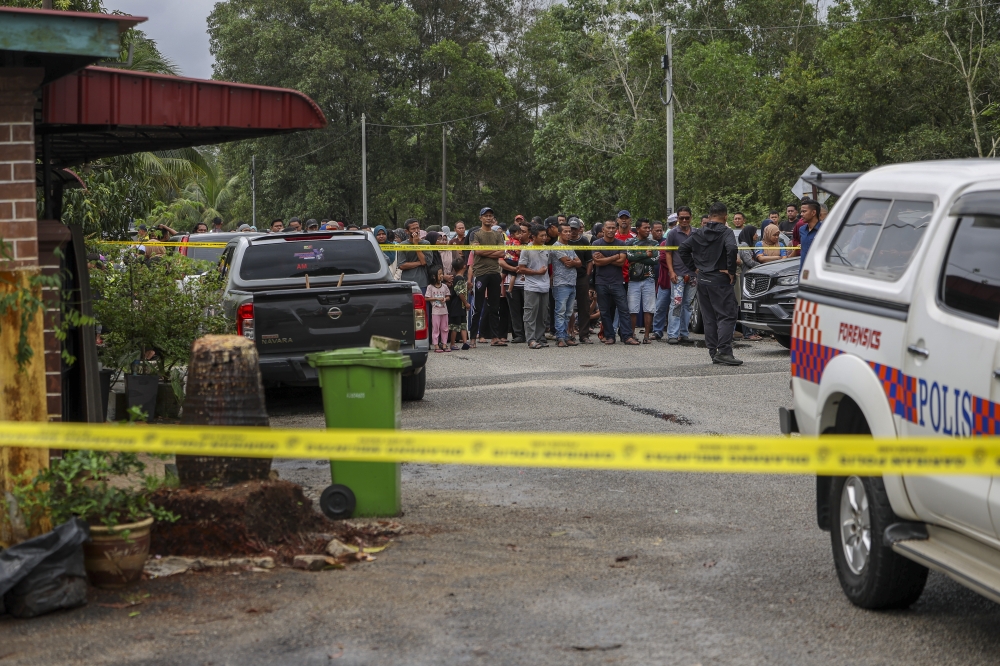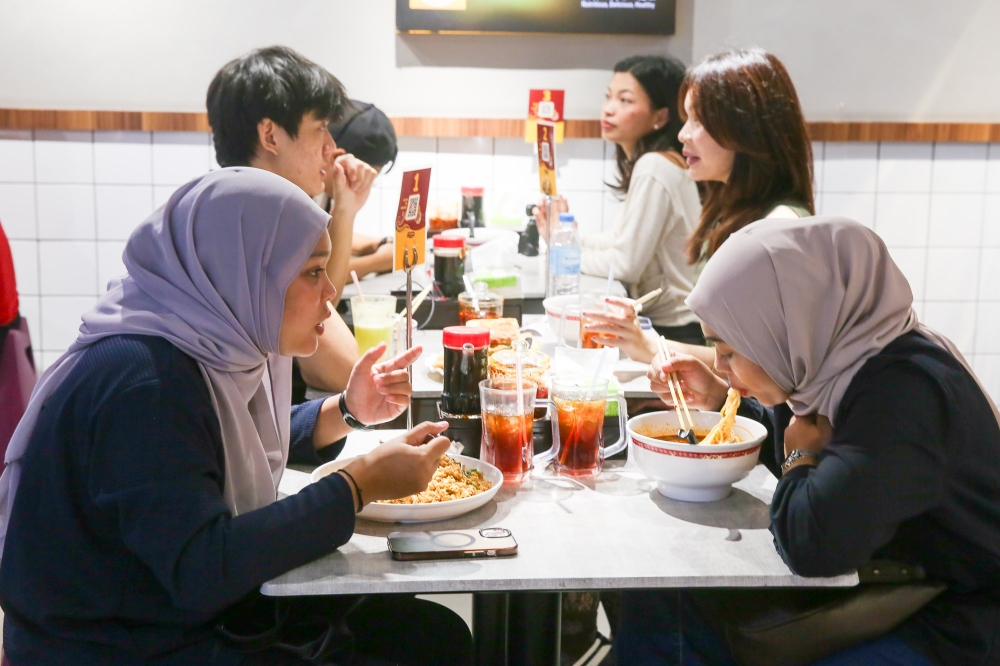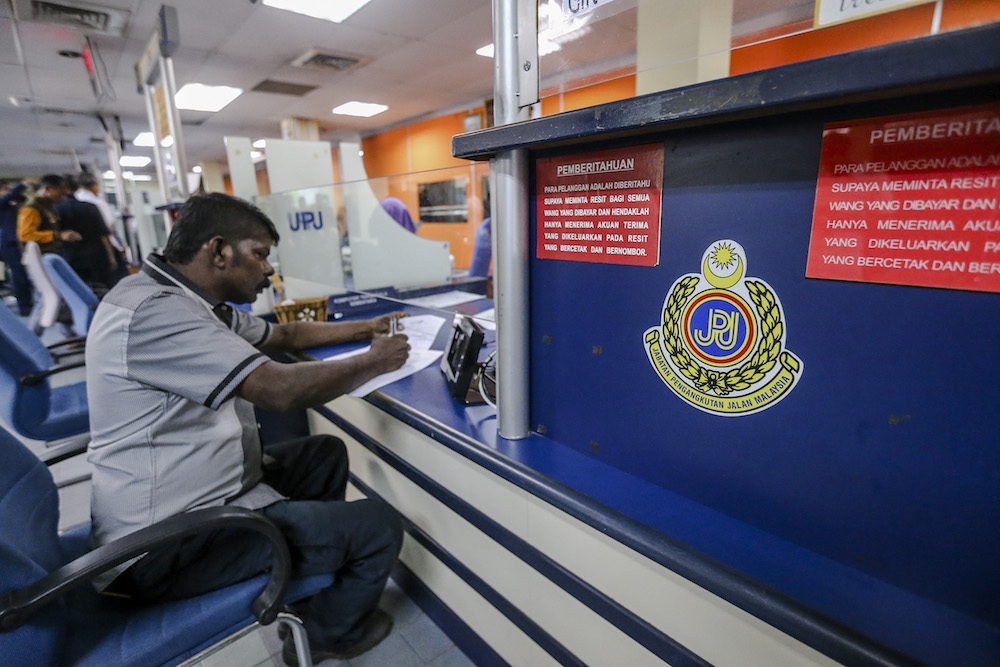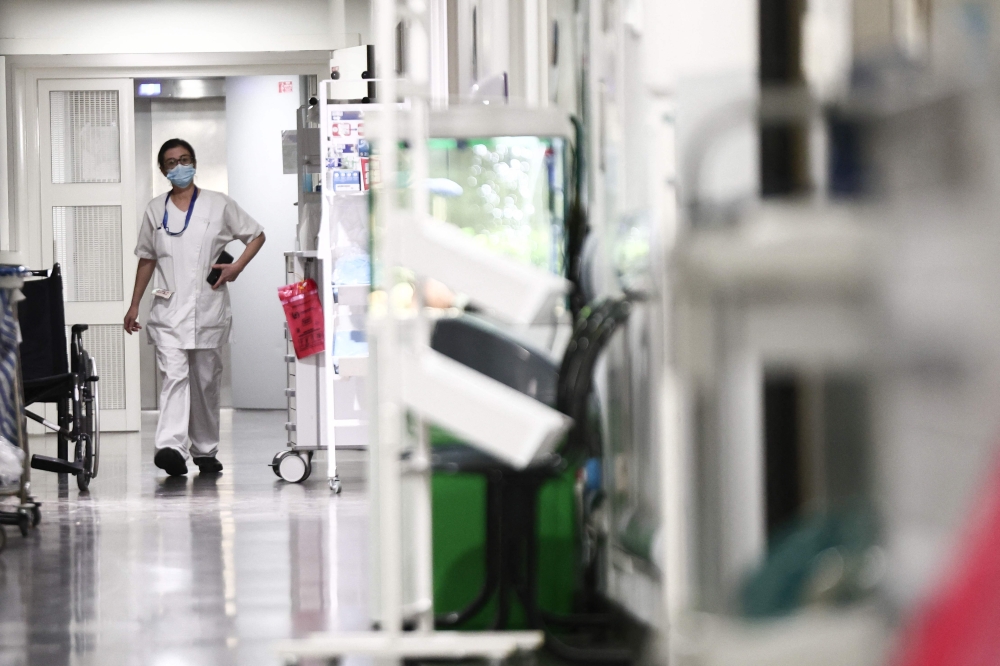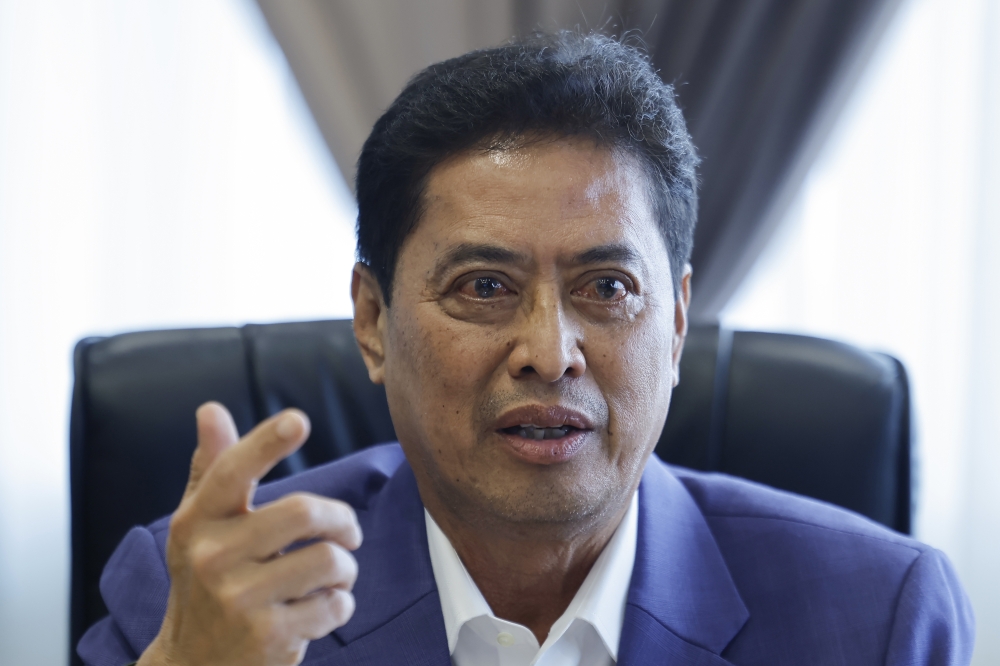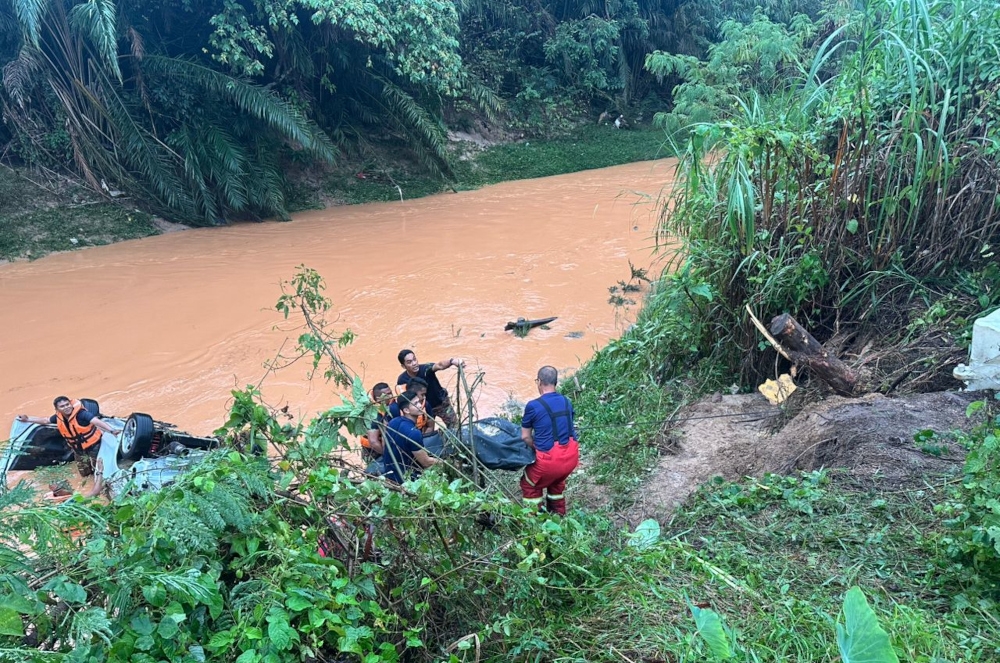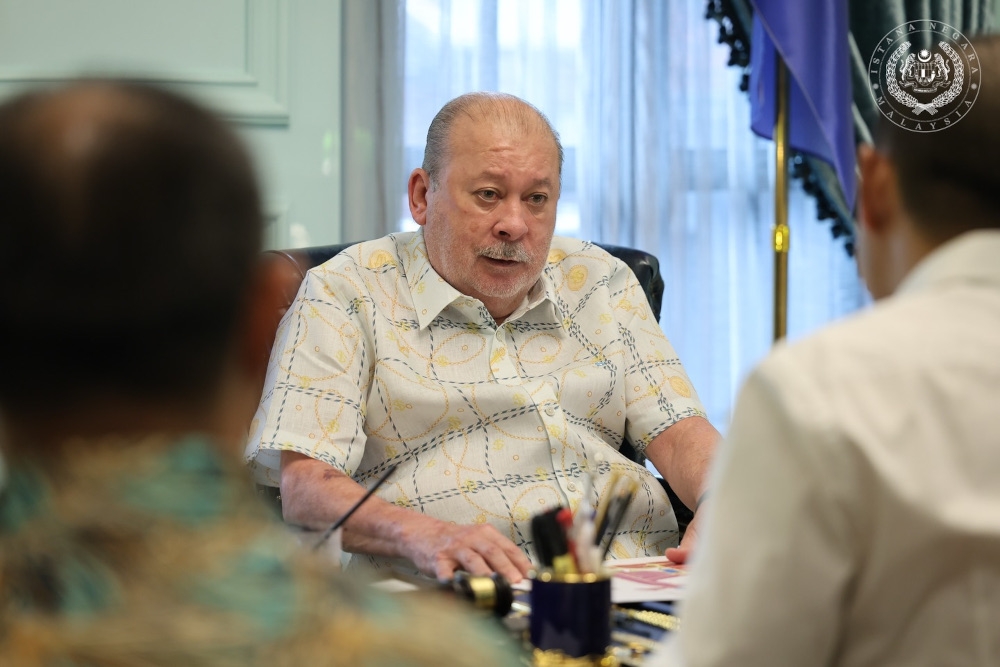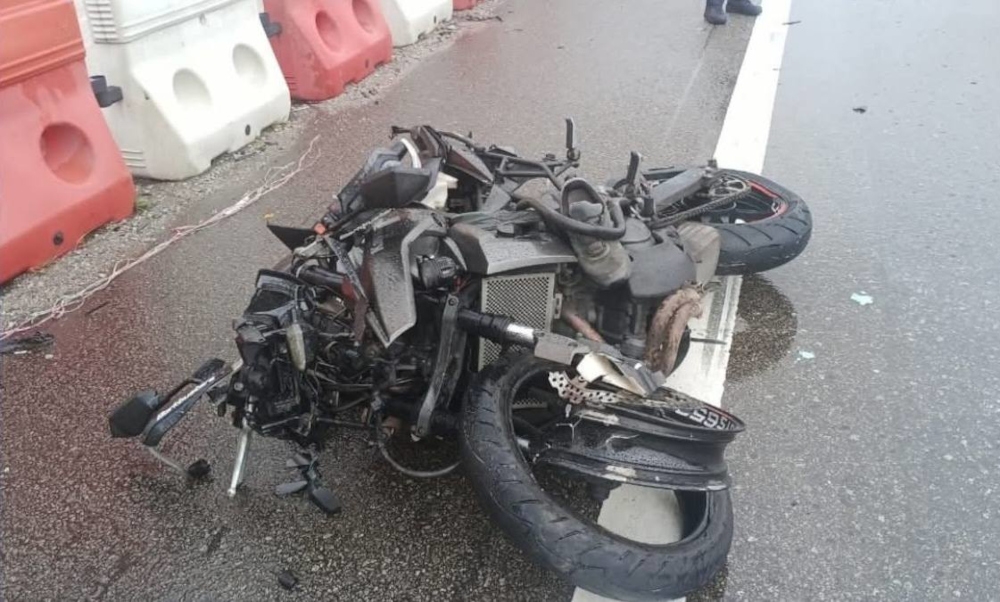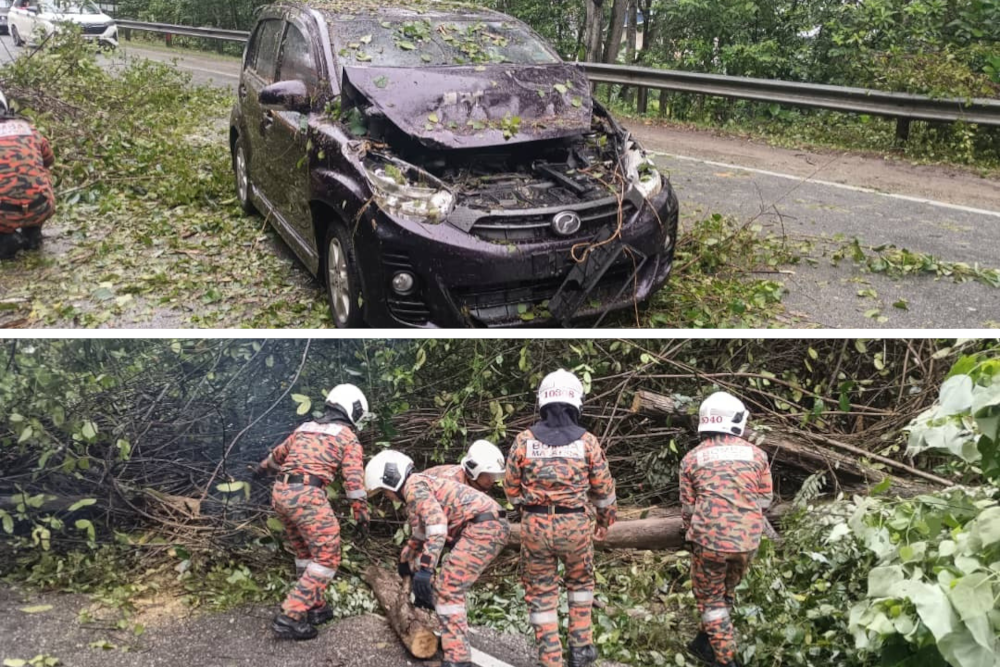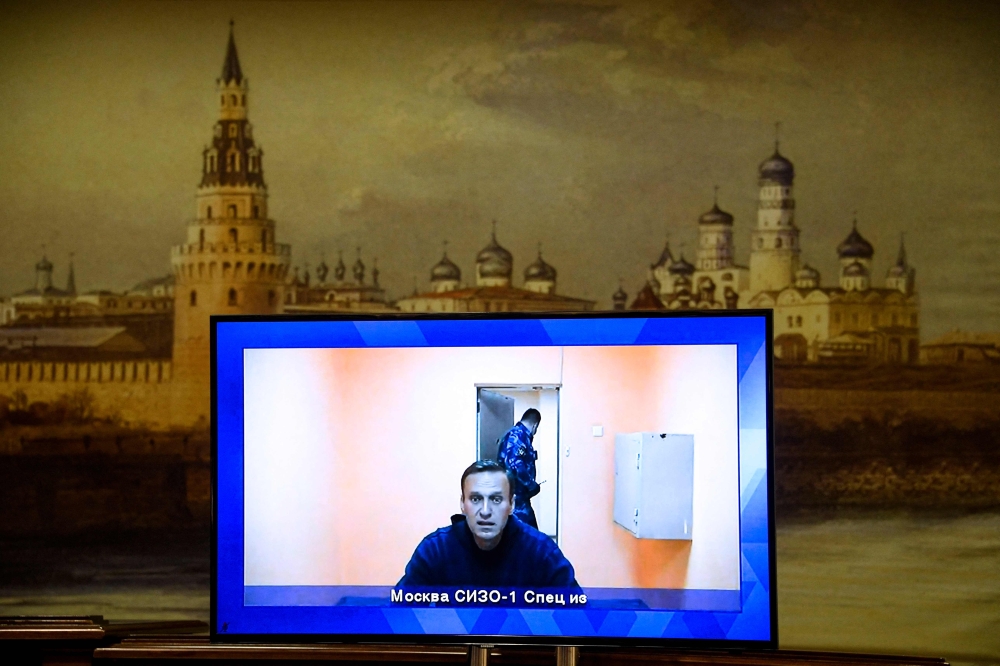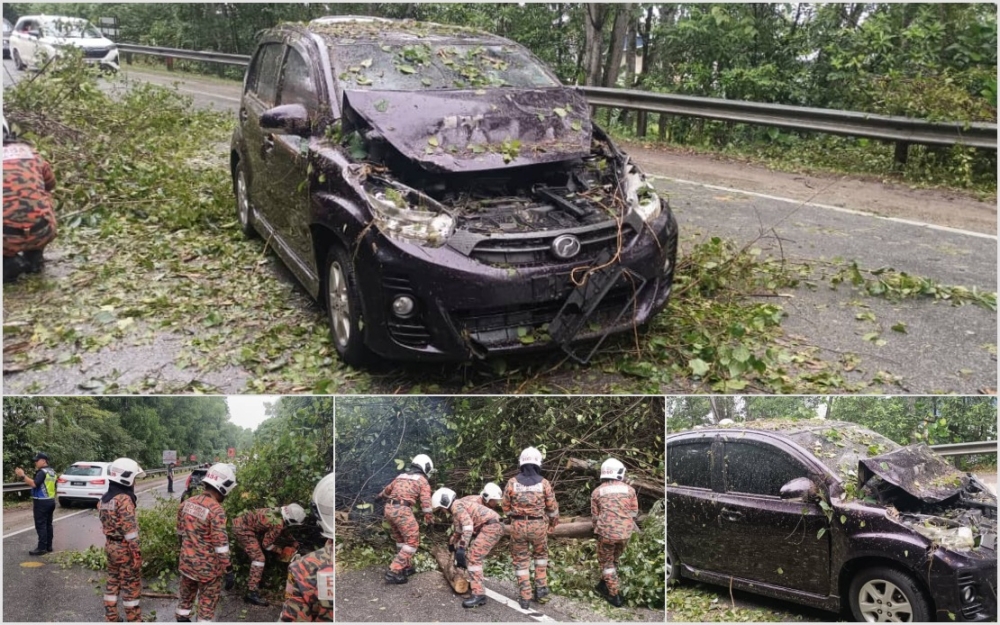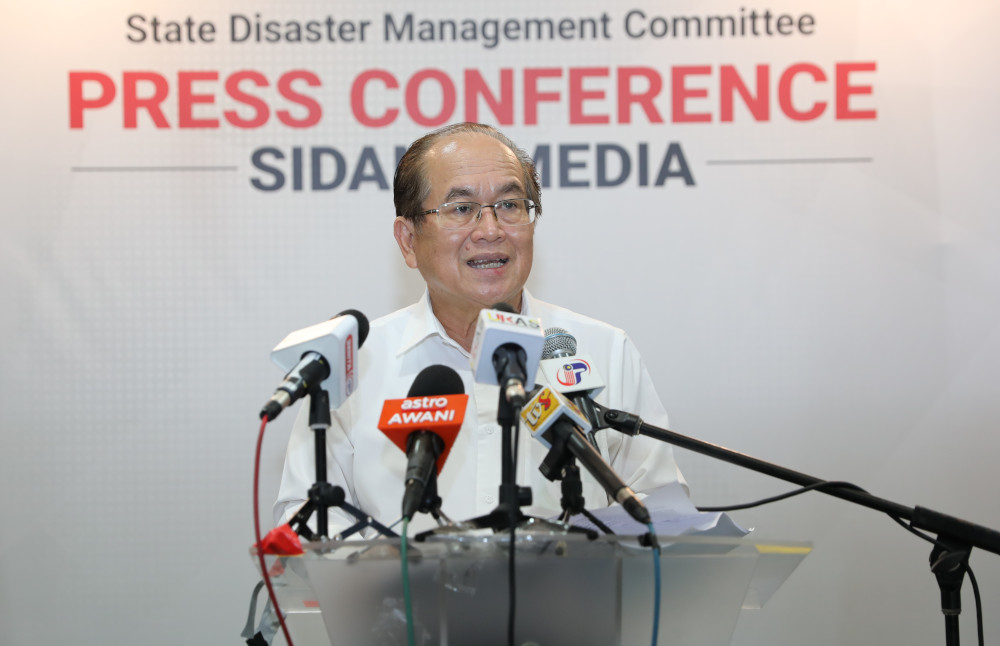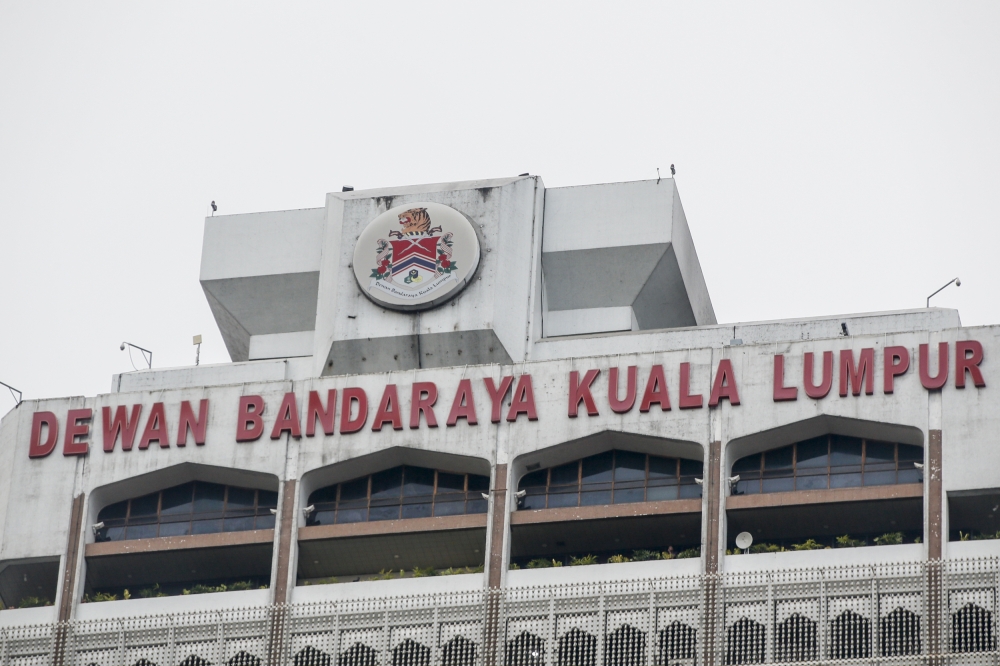KUCHING, March 4 — Foreign workers will be allowed back into Sarawak from March 1 but under stringent standard operating procedure (SOP) to prevent the spread of Covid-19, State Disaster Management Committee (SDMC) chairman Datuk Amar Douglas Uggah Embas said.
He said the reopening of the state to foreign workers was decided during a meeting chaired by Chief Minister Datuk Patinggi Abang Johari Tun Openg this morning.
“This decision was made due to the many requests from industries that require foreign workers,” Uggah, who is also a deputy chief minister, told a Covid-19 situation update press conference here.
Uggah pointed out that a ‘State Localisation Committee’ had approved a total of 27,000 applications for foreign workers covering sectors like agriculture, plantation, construction, manufacturing and services.
Sarawak had stopped the entry of foreign workers last year due to the pandemic.
Uggah also emphasised today that the recruitment of foreign workers was subject to Covid-19 SOP drawn up by the Immigration Department and approved by SDMC.
“First, the workers must get their Covid-19 test done in their home countries three days before departing.
“When they reach Sarawak, the employer is responsible to pick them up from the point of entry and then bring them to a place of quarantine. If for plantation, can be at the plantation. But the place of quarantine must be approved by the State Health Department,” he said.
He said employers who did not have a quarantine centre can put their workers at designated hotels for 14 days.
“The workers will be tested on the second and tenth days. All costs are to be borne by the employer.
“After they have completed the quarantine then they can go to the plantation or their workplace. It is a very strict and stringent SOP,” he said.
Uggah noted that as the numbers are quite high, he had asked State Health director Dr Chin Zin Hing to work out a schedule for the workers’ entry.
“This is to ensure the capacity of testing in Sarawak will be sufficient. We don’t want to create a backlog and bottleneck in the system.
“We will make sure that the process is seamless and we need the cooperation of everyone,” he said. — Borneo Post

